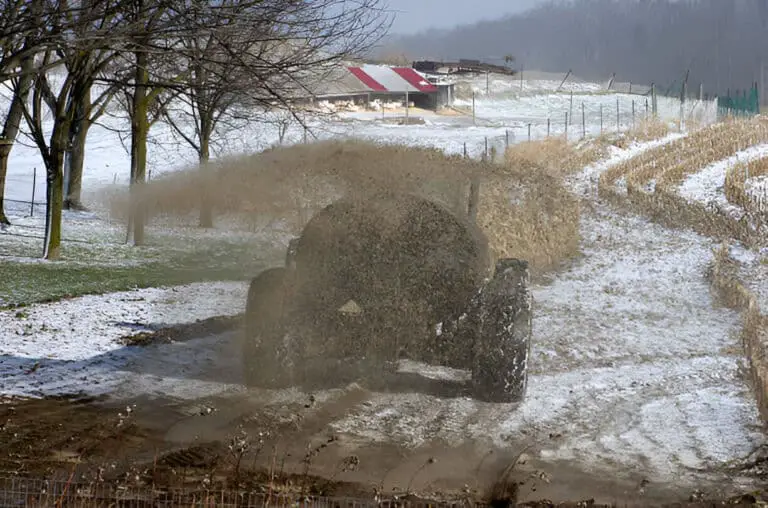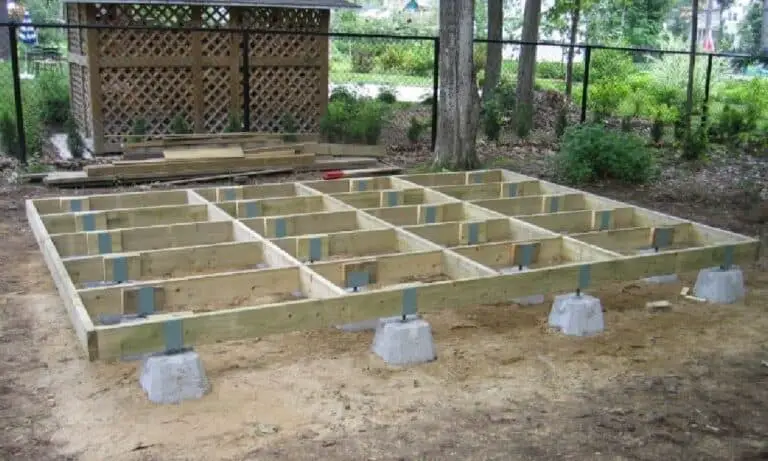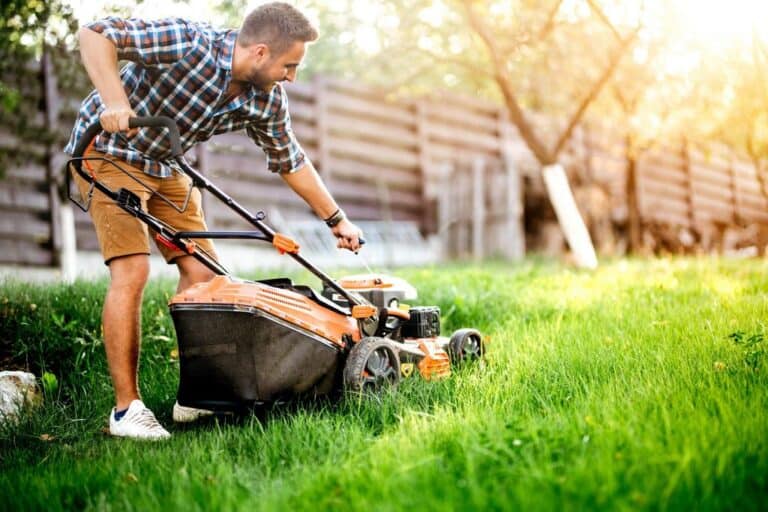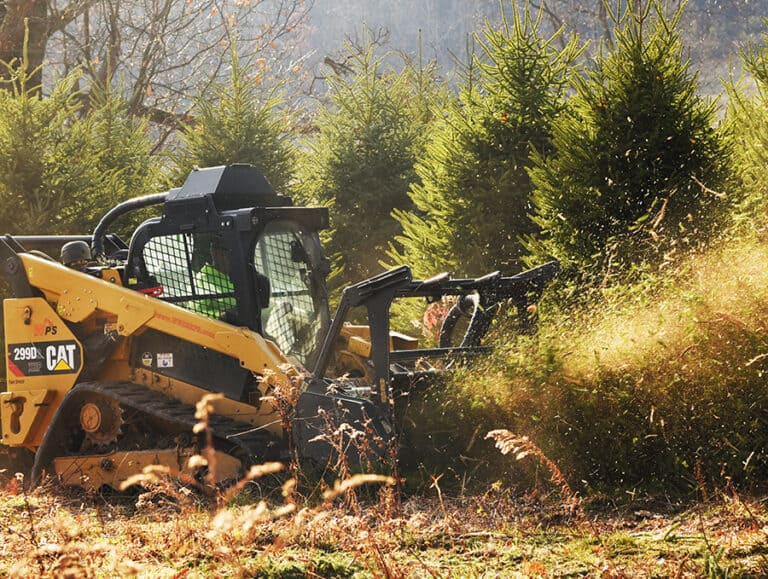Why Every Gardener Needs a Garden Sieve in their Arsenal
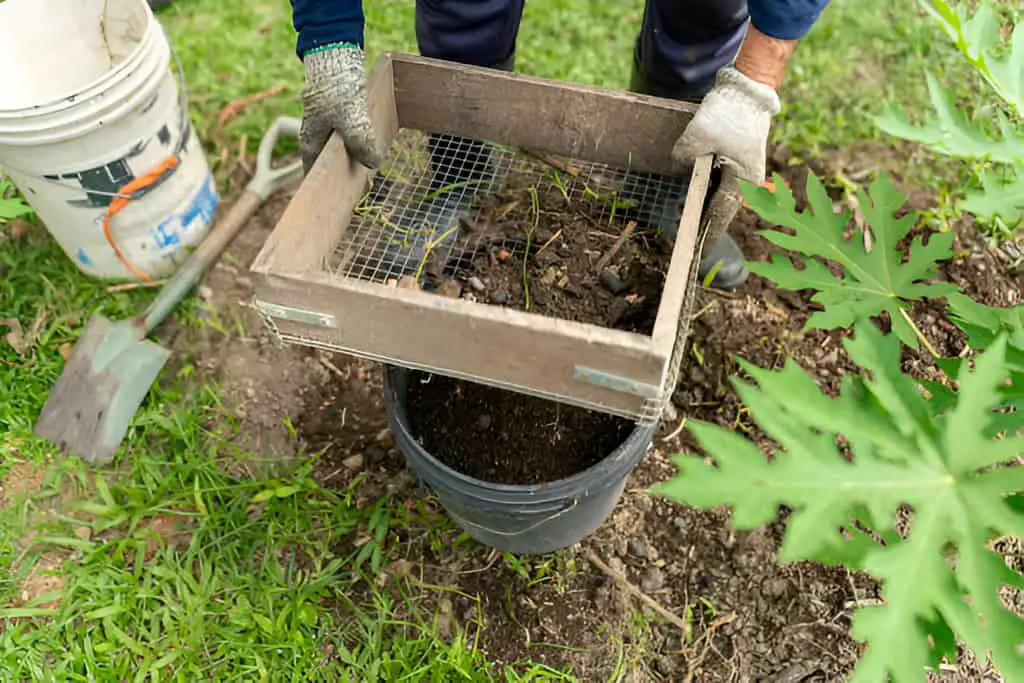
Have you ever wondered how pro gardeners get such fine, crumbly soil? And how they make perfectly even compost? The secret might just be a garden sieve. This humble tool is a game-changer. It transforms your gardening. It helps you sift through soil and compost to remove debris and get a finer texture.
In this comprehensive guide, we’ll explore what a garden sieve is, its benefits, how to choose the right one for your needs, and practical tips on using it effectively.
Reading this article, you’ll discover how a garden sieve can improve your gardening. It can make it more efficient, and boost plant health so your garden thrives.
What is a Garden Sieve?
A garden sieve is also called a soil sieve or compost sieve. It is a simple but invaluable tool. It is designed to sift and refine soil, compost, or other gardening materials. It consists of a mesh screen, typically made from durable materials like stainless steel or galvanized metal, fitted into a frame.
The mesh comes in various sizes. They allow you to filter debris, stones, and clumps from your soil or compost. This leaves you with a finer, refined product.
Benefits of Using a Garden Sieve
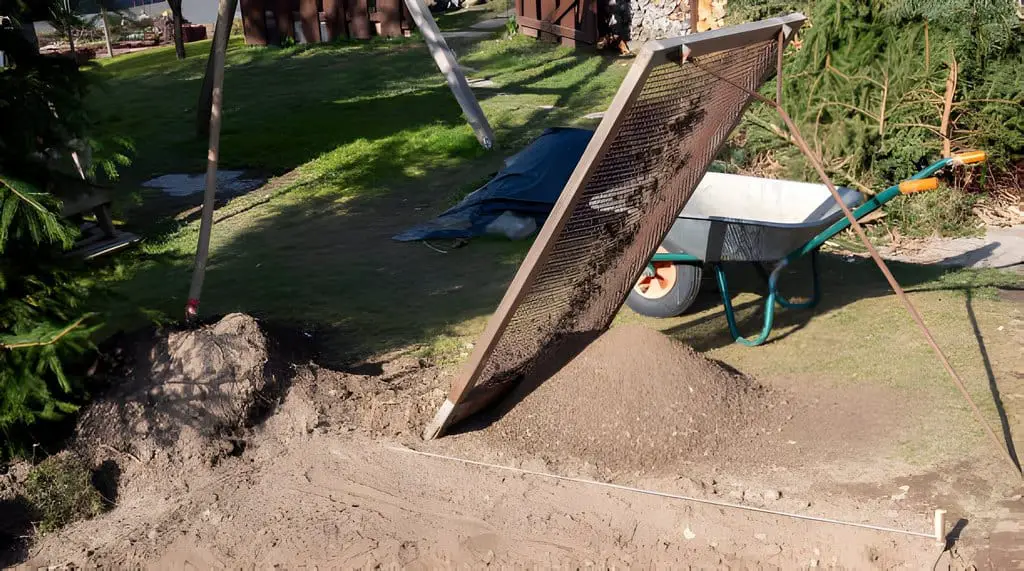
- Improved Soil Quality: A garden sieve helps improve soil quality. It does this by removing stones, roots, and other debris. This creates a finer soil texture. This texture helps plant roots grow better and take in nutrients.
- Enhanced Seed Starting: When starting seeds, sift the soil. This ensures a uniform seed bed. It keeps moisture even, which is crucial for germination and early growth.
- Efficient Compost Processing: Sifting compost through a garden sieve speeds up decomposition. It does this by adding air and separating finished compost from larger organic materials that still need time to break down.
- Preventing Weeds: Removing weed seeds and roots from soil or compost stops unwanted plants from sprouting in your garden beds. This reduces the need for later maintenance.
How to Choose the Right Garden Sieve
Choosing the right garden sieve depends on your specific gardening needs and the type of materials you work with. Here are some factors to consider:
- Mesh Size: Opt for a sieve with a mesh size appropriate for the materials you’re working with. Finer mesh sizes are ideal for sifting fine soil or compost, while larger mesh sizes may be suitable for removing larger debris from soil mixes.
- Material: Look for sieves made from tough materials like stainless steel or galvanized metal. These materials resist rust and are built to withstand regular outdoor use.
- Size and Portability: Consider the size of your garden beds and storage space. A compact, lightweight sieve is easier to maneuver and store, especially if you have limited space.
Practical Tips for Using a Garden Sieve
- Preparation: Before use, ensure your soil or compost is wet enough. This stops clumping and makes sifting easier.
- Sifting Technique: Hold the sieve at a slight angle and gently shake or tap it to sift the material through the mesh. Avoid pressing down too hard, as this can damage the sieve and slow down the process.
- Cleaning and Maintenance: After use, clean the sieve thoroughly to remove any leftover debris. Store it in a dry place to prevent rust and prolong its lifespan.
Alternative Tools for Garden Sieve
When it comes to gardening, a garden sieve is invaluable for refining soil and compost. However, there are alternative tools that can serve similar purposes and make your gardening tasks easier. Here are a few options to consider:
1. Hand Rake
A hand rake is a versatile tool that can help you break up clumps of soil and remove debris. It’s perfect for smaller gardens and precise tasks. While it doesn’t sift soil as finely as a sieve, it can still improve soil quality by eliminating large particles.
| Related: Hoe vs. Garden Rake: What’s the Difference and Uses? |
2. Garden Fork
Garden forks are great for turning over soil and breaking up compacted areas. They can help aerate the soil, making it easier for plant roots to grow. Though not as refined as a sieve, a garden fork is excellent for initial soil preparation.
3. Compost Tumbler
For those focusing on compost refinement, a compost tumbler can be a great alternative. It mixes and aerates compost materials, speeding up the decomposition process and producing a finer end product. While it doesn’t sift compost, it helps create uniform, high-quality compost.
4. Soil Sifters or Rock Tumblers
Soil Sifters or Rock Tumblers can be excellent choices. These machines automate the sifting process, saving you time and effort. They are ideal for gardeners who deal with rocky or heavy clay soils that require extensive refining.
5. Wire Mesh
Using a piece of wire mesh is a simple and cost-effective way to sift topsoil or compost. Stretch the mesh over a frame. This creates a makeshift sieve. It filters out large debris well, giving you finer material.
Using these alternative tools in your gardening routine can help you get similar results to a garden sieve. They will improve the quality of your soil and compost.
6. Kitchen Strainers
Kitchen strainers can also come in handy for small-scale gardening tasks. They are perfect for sifting small batches of seed-starting mix or potting soil. While not as durable as other options, they are a convenient and readily available alternative for gardeners in a pinch.
7. Hardware Cloth Frame
This DIY solution involves attaching a piece of hardware cloth or wire mesh to a wooden frame. It’s great for big gardening projects. You need to process lots of topsoil or compost fast. Plus, you can customize the mesh size to suit your specific needs.
Conclusion
In conclusion, a garden sieve is a versatile tool that every gardener should have in their arsenal. It improves soil. It also enhances seed starting and composting. Its benefits are many and key for a healthy garden.
Pick the right sieve and learn proper sifting. This will save time and effort. It will also improve your gardening. Invest in a quality garden sieve today. See the difference it makes in nurturing your plants and improving your gardening.

